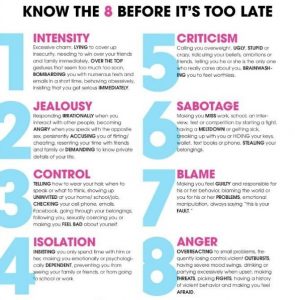First Step – an Action Step
Do we understand that we have no real control over drugs? Page 29.
Basic Text, p. 18. At first, many of us may have thought the First Step required no action-we just surrender and go on to Step Two. But Step One does require action!
The action we take in the First Step will be evident in the way we live, even from our first day clean. If we truly believe that we are powerless over our addiction, we will not choose to be around drugs. To continue to live with or associate with practicing addicts may indicate a reservation in our program. An absolute belief that the First Step applies to us will insure that we clear our homes of all drugs and paraphernalia.
As time goes on, we will not only continue with the basics but add new actions to our First Step repertoire. We will learn to feel our feelings rather than trying to control them. We will stop trying to be our own and only guides on our recovery journey; self-sponsorship will cease. We will begin looking to a Power greater than ourselves more and more for spiritual satisfaction rather than trying to fill that void with something else.
Surrender is only the beginning. Once we surrender, we need to learn how to live in the peace we have found.
Just for Today: I will take all the action necessary to practice the First Step. I truly believe it applies to me. – (c) 2016 NA World Services.

A First of anything is a beginning, and so it is with the Steps: The First Step is the beginning of the recovery process. The healing starts here; we can not go any further until we work this step.
Step One. We admitted we were powerless over our addiction, that our lives had become unmanageable.
First Step
Chain Reaction album
John Farnham
If you wanna feed all the children
Then start by feeding one
And if you wanna find a mountain
To build your dreams upon
You need love (the heart to care)
Give me strength (the nerve to dare)










